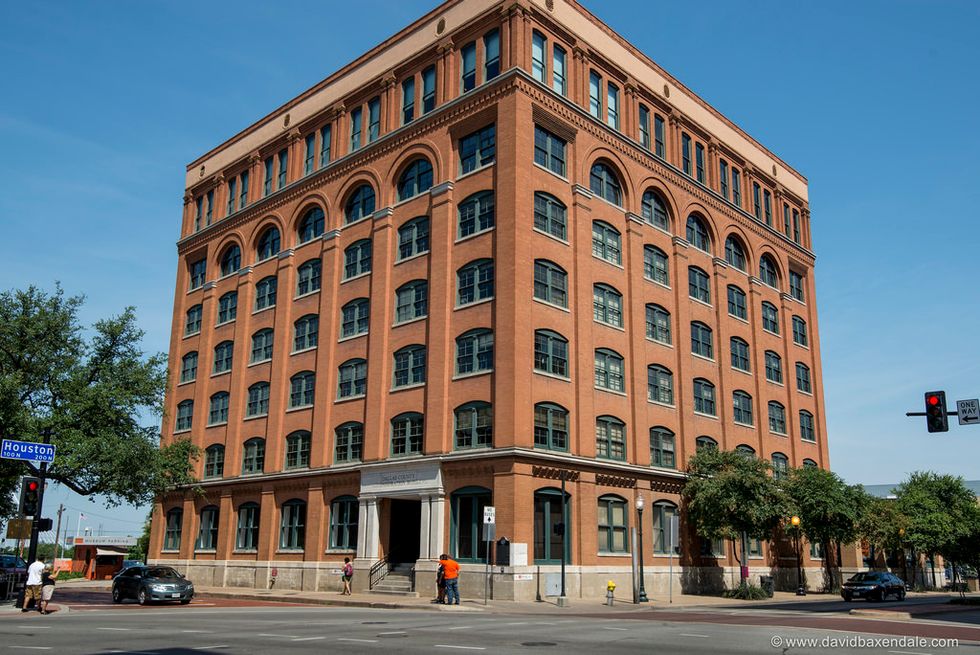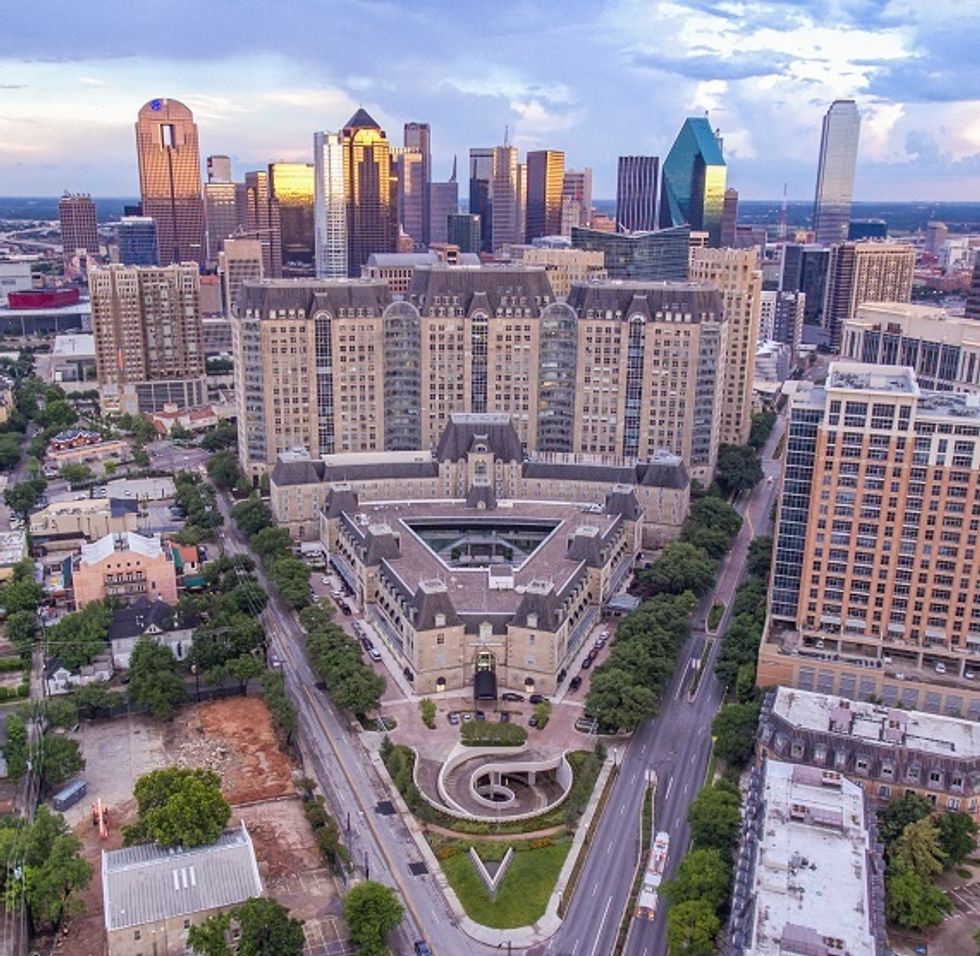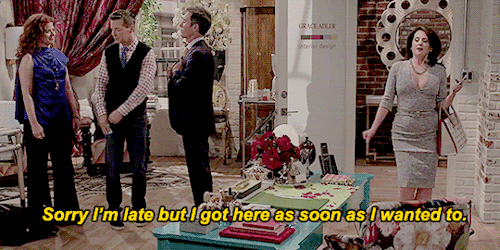Our Perceptions Are Our Reality
Perception is, after all, reality, and it's our individual truths that actually matter, at the end of the day.
"Perception is more important than reality. If someone perceives something to be true, it is more important than if it is in fact true. This doesn't mean you should be duplicitous or deceitful, but don't go out of your way to correct a false assumption if it plays to your advantage," Ivanka Trump once wrote.
The quote from Ivanka Trump is often ridiculed, but has some truth to her perspective.
There's a documentary that I watched on Netflix a while ago, "Take Your Pills," that sparked a question about the role of adderall and amphetamines on mental performance: they don't really make you more able to perform complex cognitive tasks, they make you think you can.
Likewise, in Season 5 of "The Wire," Chris and Snoop teach Michael a valuable lesson about street reputation: it doesn't matter what someone did or didn't do. It matters that people think they did it. They walk into a house and kill a rival drug dealer and his whole family because they heard he called their boss, Marlo, a homophobic slur.
"You heard? You ain't sure?" Michael says.
"People say he said it," Snoop responds.
"Doesn't matter if he said it or not. People think he said it. You can't let that shit go," Chris says.
For reputation, it's clear that perception often matters more than reality. People have to think you're good at something, or have a certain dispositional trait and word of honor for that to go. Michael brings up the point of why it matters: if Marlo knows he isn't what that dealer called him, why does it matter? But in the world of Chris, Snoop, and Michael, perception matters more than reality. In fact, perception is reality.
The term "reality" tries to assess certainty to situations that are inherently uncertain, and while this article isn't a defense of the age-old maxim that perception matters more than reality, the truth is that few people can ever see an untainted truth - even when witnessing the same event. The Rashomon Effect refers to how different people can witness the same event and give it completely contradictory interpretations. In that regard, the only reality that matters is our own. Perception and reality aren't different things. Our perceptions are our realities, and the world works by people acting based on things they perceive, not a complex analysis of every single issue and nuance.
We know of the psychological self-fulfilling prophecy: tell yourself you're going to have a horrible day at work, and you're more likely to change your actions so you have a terrible day. But I buy into many of these psychological phenomena too much and try to apply them to my daily life: sometimes, I try to change my perceptions to change my reality. I attempt to trick myself and upend the story and beliefs I've been living my whole life - and that's okay, but it is a process that is gradual and takes much more than a single change in thinking.
There is an idea in social psychology that attitudes follow behavior, and that we can change our attitudes by changing our behavior. I can see the places where this works in my life: when I think I have writer's block and I'm unable to write, the action that curbs that feeling is to start writing. When I think I don't have the energy to run on a given day or time, the action that curbs that attitude is to go outside and go on a run. Sometimes, I'll think that a class is really boring and not valuable to my education, and then that attitude will completely change the moment I raise my hand and either ask a question or participate in class discussion.
Something I have always advised writers, when they lack motivation or they don't believe in their abilities, is to look back at what they have already done, articles or works they have already written. Take some time to give yourself some credit and compassion, and see what you can do with that. I do this myself when I don't believe in my ability to write: I read some of my past articles that myself and others have found particularly meaningful. When I lack the motivation to run, I look back at the last time I ran 20 or more miles and the mental strength I exuded to do that.
There is a line I enjoy from Meg Jay's 2018 article in the Wall Street Journal, "The Secrets of Resilience," that the best way to harness and awaken our inner resilience in the face of tough circumstances is to "think back on a time when you were challenged and give yourself credit for how you made it through." And so the key to bettering our perceptions, attitudes, and henceforth actions is to realize that we are always growing. We are always going up a spiral staircase that can seem repetitive, but always progressive. We learn something new every time, and we gain more strength with each passing difficult circumstance.
I do not know whether my life lessons and adages are truth or reality, but they are my reality, and that's perhaps what matters. Perception is, after all, reality, and it's our individual truths that actually matter, at the end of the day.
















































